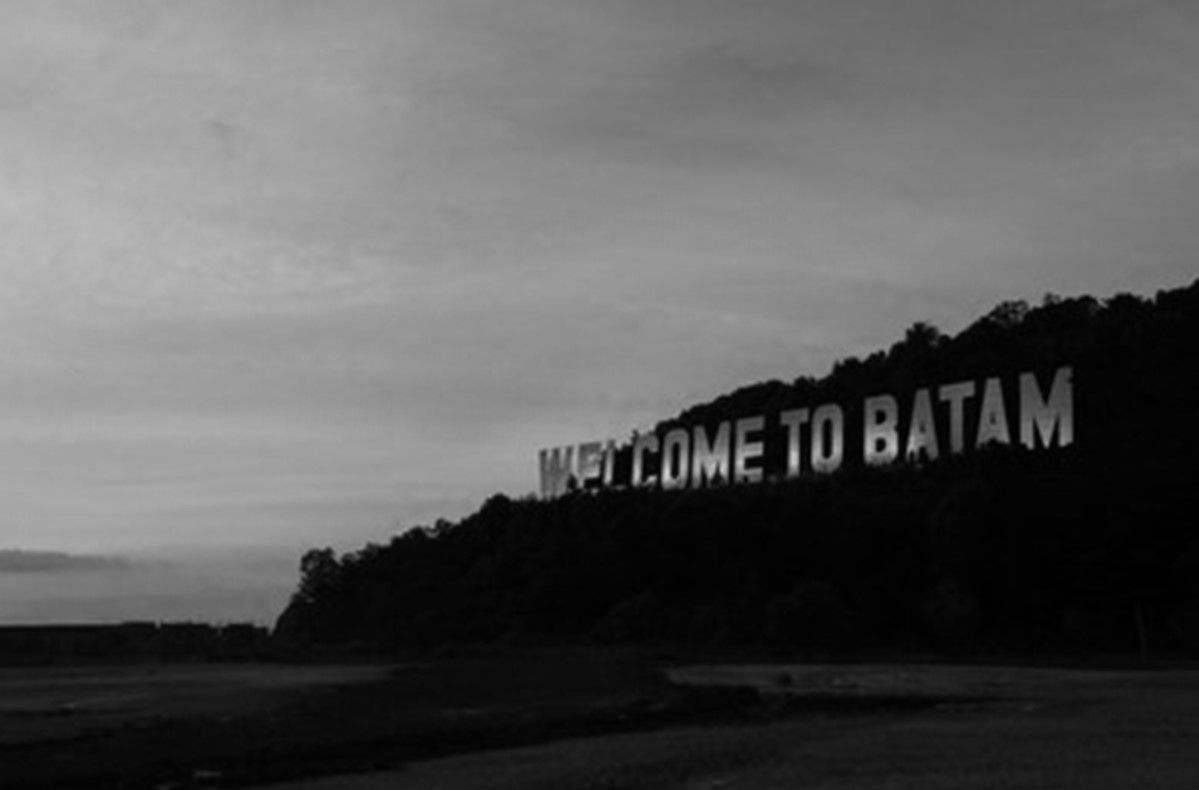FTZFPs in Indonesia are designated areas within the jurisdiction of the Republic of Indonesia that are separated from the customs area. This separation allows these zones to operate free from the imposition of import duties, value-added tax (VAT), sales tax on luxury goods, and excise.
Currently, Indonesia has four established FTZFPs: Sabang, Batam, Karimun, and Bintan, covering a total area of 127,472 hectares. These zones are primarily oriented towards export activities and are equipped with facilities that streamline business operations, including the entry and release of goods, favorable taxation policies, customs exemptions, and more.
Batam Island, situated close to Singapore and Malaysia, occupies a strategic location on one of the world’s busiest maritime trade routes, the Malacca Strait. This positioning gives Batam a competitive edge as a major industrial and trade hub in Southeast Asia.
The Indonesian government has taken steps to enhance Batam’s FTZ status through legislative support, such as Government Regulation No. 62 of 2019, which outlines the operational guidelines for Batam’s FTZFP.
Despite its advantages, Batam faces several challenges, including regulatory overlaps, land use conflicts, and infrastructure management issues. Addressing these challenges through coordinated efforts between the local government and the Free Trade Zone Authority is crucial for maximizing Batam’s potential as an international trade and industrial hub.
Investors in Indonesia’s FTZFPs enjoy a variety of incentives designed to reduce operational costs and enhance profitability:
- Tax Holiday: Available for 18 pioneer industries under general provisions.
- Tax Allowance: Applicable to certain sectors and locations.
- VAT and Luxury Goods Tax Exemption: For goods entering the FTZFP.
- Customs Exemptions: No import duties on goods entering the zone.
- Excise Exemption: Applicable to goods produced within the FTZFP.
- Income Tax Art 22 Import: Not collected within the zone.
- Inland FTA: Applicable, offering additional trade benefits.
Recently, Indonesia has launched two new special economic zones (SEZs) in Banten and Batam, aimed at strengthening Indonesia's education and healthcare sectors. The International Education, Technology and Health SEZ in Tangerang, Banten, and the International Health Tourism SEZ in Batam are in operation, expected to make a significant impact on the Indonesian economy, create job opportunities, and attract investments.
The Banten SEZ covers 59.68 hectares with a target investment of 18.8 trillion rupiah ($1.2 billion); aims to create 13,446 jobs, and will feature international education facilities, including Monash University, while focusing on digital technology and integrated healthcare services.
The International Health Tourism SEZ in Batam aims to attract 6.91 trillion rupiah in investments and create over 105,000 jobs by developing international-standard healthcare services and enhancing medical tourism, set to be operational by 2026.
With the addition of these two SEZs, the total number established by the president has risen to 24, with eight more currently in the process of designation. The existing 22 SEZs have recorded investments totaling 205.2 trillion rupiah and have generated employment for 132,227 people.



